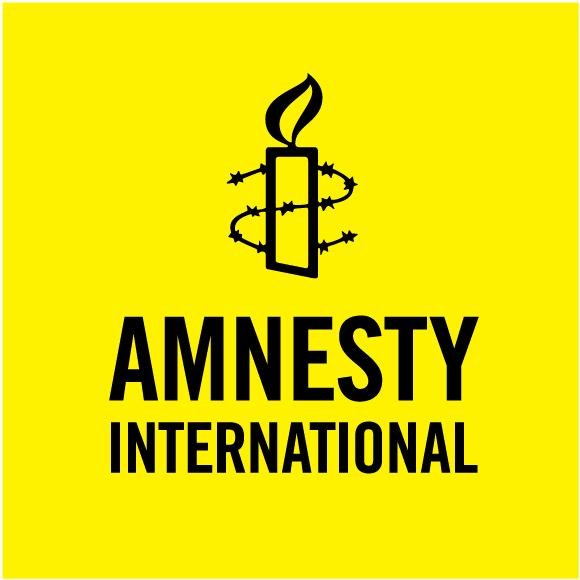Amnesty International is a global movement of more than 7 million people who take injustice personally. We are campaigning for a world where human rights are enjoyed by all.
We are funded by members and people like you. We are independent of any political ideology, economic interest or religion. No government is beyond scrutiny. No situation is beyond hope.
Few would have predicted when we started that torturers would become international outlaws. That most countries would abolish the death penalty. And seemingly untouchable dictators would be made to answer for their crimes.
What does Amnesty do?
We investigate and expose the facts, whenever and wherever abuses happen.
We lobby governments, and other powerful groups such as companies. Making sure they keep their promises and respect international law.
By telling the powerful stories of the people we work with, we mobilize millions of supporters around the world to campaign for change and to stand in defence of activists on the frontline.
We support people to claim their rights through education and training. .
We are introducing a new, global way of working – with a distributed centre and Regional Hubs of research, campaigns and communications – because we owe it to the people we work for to be the most effective force for freedom and justice that we can, globally.
As we develop this process – in line with the long-held desire of our international membership – we will post regular blogs, articles, stories and personal accounts to explain what is happening, and why it is important to those on the human rights front line.
Members:
Resources
Displaying 11 - 15 of 32OPEN FOR BUSINESS? CORPORATE CRIME AND ABUSES AT MYANMAR COPPER MINE
Executive Summary: "This report is the culmination of a one year investigation by Amnesty International into alleged human
rights abuses by companies, including multinational companies, operating in Myanmar. The
report focuses on the Monywa copper mine project and highlights forced evictions, substantial
environmental and social impacts, and the repression, sometimes brutal, of those who try to protest.
It also raises serious questions about opaque corporate dealings and possible infringements of economic
Un título de propiedad no basta
Este informe examina los progresos que han realizado las autoridades para aplicar los elementos de restitución de tierras de la Ley 1448 con el fin de garantizar el derecho de los reclamantes de tierras a un recurso efectivo. Su objetivo es situar el actual proceso de restitución de tierras en el contexto de los intentos previos de los gobiernos colombianos de resolver los problemas asociados a la desigual distribución de la tierra y a la pobreza rural.
A land title is not enough: ensuring sustainable land restitution in Colombia
The violent struggle to control territory for economic, military and political reasons, coupled with high levels of rural poverty and the high concentration of land ownership among relatively few owners, has been one of the root causes of Colombia’s 50-year-old internal armed conflict. There has been an insatiable appetite amongst numerous actors in Colombia to gain and maintain control over land deemed critical to their varying interests.





